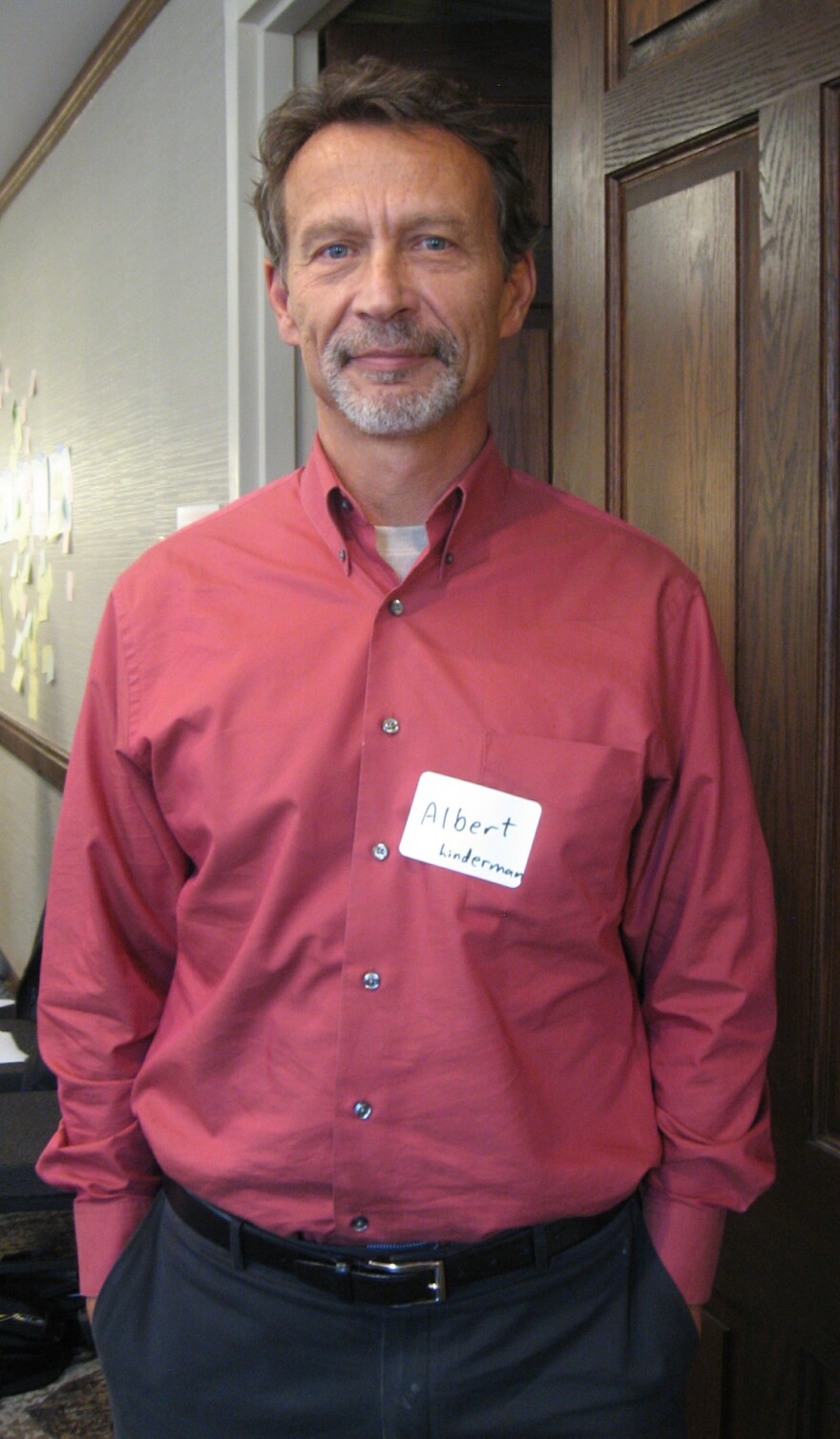A Pennington County official says one of the major problems in Rapid City is that wages don't support the cost of housing. The director of Pennington County Health and Human Services was one of a group of behavioral health professionals who met in Rapid City on Wednesday, Nov. 30, to find overlaps and gaps in services for the poor. The gathering was part of Collective Impact, an effort to study community problems and find solutions.
COLLECTIVE IMPACT DIRECTOR: FOOD STUDY SHOWS SERVICE GAPS
Rapid City has 22 food distribution sites for those in need, but there are still gaps in services. That conclusion comes from Collective Impact project director Albert Linderman.
Collective impact is funded by a group of philanthropists in Rapid City. They commissioned the report on services offered to offset poverty and mental health issues. Linderman says the study on food insecurity is now complete.

"Therefore, we've now identified some very clear gaps," Linderman said. "There's little, if any, food available on weekends, as an example. There are certain areas of Rapid City where there's no food distribution in close proximity to some people who need it. So part of what will happen in 2017 is to start to address some of those gaps."
Linderman says Collective Impact is looking at two other areas of study.
One is affordable housing, with a pilot program now in place that will provide more information.
The other is behavioral health, which includes mental illness and addiction.
Linderman says the first step is identifying problems, and the next is to find solutions.



